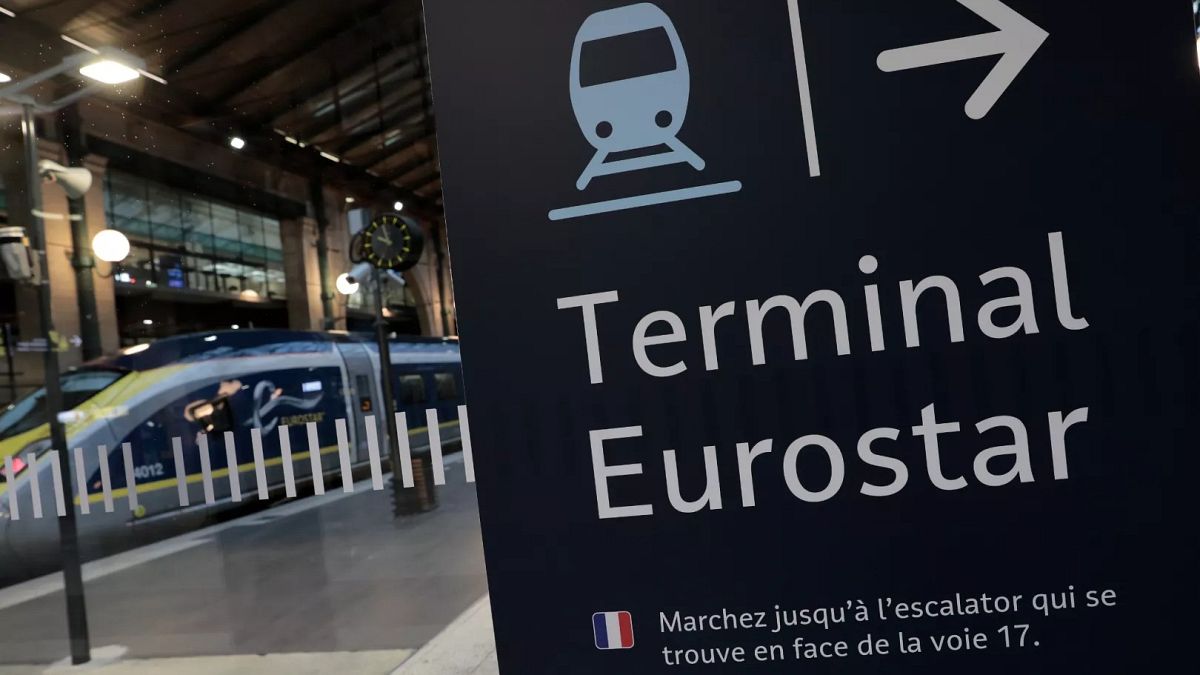

In the vibrant landscape of European news, a blend of unforeseen travel disruptions and ambitious economic plans captures the reader’s attention. Beginning in the world of transportation, a power outage north of Paris has disrupted Eurostar’s operations, reminding us of the intricate dance of modern travel logistics. Meanwhile, the travel industry sees a positive shift as several online booking platforms commit to refunding cancelled flight passengers within a more reasonable timeframe. Simultaneously, with a visionary eye on the future, Albania sets its sights on becoming the world’s first cashless society.
Monday morning brought challenges to Eurostar, one of Europe’s iconic high-speed rail services, as a widespread power outage near Paris resulted in significant disruptions. The event, occurring during the peak summer travel season, prompted a cascade of cancellations and delays, affecting countless passengers traversing the busy international route. Encouragingly, the French National Railway Company (SNCF) assures travelers that normal operations are anticipated to resume by Tuesday morning. With technicians working diligently, this incident highlights both the challenges and resilience within Europe’s transport infrastructure.
In the air travel sector, positive developments emerge as several online travel booking platforms pledge to expedite refunds for flights cancelled through their services. Traditionally, travelers have faced prolonged delays in receiving refunds when flights booked via third-party platforms are canceled. This new commitment to processing refunds within 14 days represents a shift towards more passenger-centric policies, offering a smoother and less stressful experience for those adjusting travel plans. This move is warmly welcomed, particularly in a world where plans can change abruptly.
Shifting from the sphere of travel to economic ambition, Albania’s leadership is charting an innovative course toward a cashless society. The nation’s plan to phase out cash transactions by the decade’s end is both bold and challenging. Given Albania’s current skepticism towards banking institutions, the transition requires substantial digital infrastructure improvements and significant shifts in public perception. Despite these hurdles, the vision reflects a growing global trend towards digital economies, aiming to boost transparency and reduce corruption.
Elsewhere in France, the telecommunications company Altice France receives a green light from the Paris Economic Activities Court, clearing significant debt hurdles. This favorable ruling facilitates the potential sale of its telecom subsidiary, SFR, providing Altice France with a clearer path for strategic financial restructuring. While this move may not directly influence consumers immediately, it underscores the competitive dynamics within the telecommunications sector, continuously evolving to better meet market demands.
As Europe navigates these diverse challenges and opportunities, from maintaining seamless travel experiences to pioneering economic transformation, the resilience and adaptability of its institutions and people remain at the forefront. As travel and economic interactions become increasingly interconnected, these developments underscore the continent’s commitment to fostering innovation and ensuring stability in an ever-changing world.
Source: {link}
